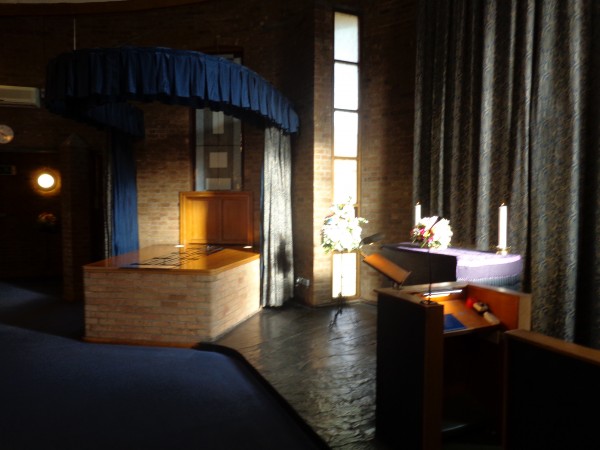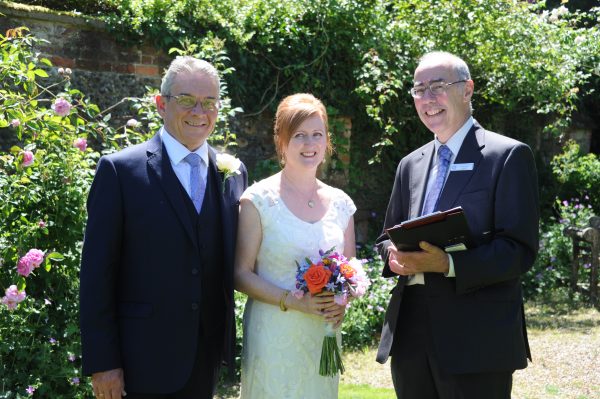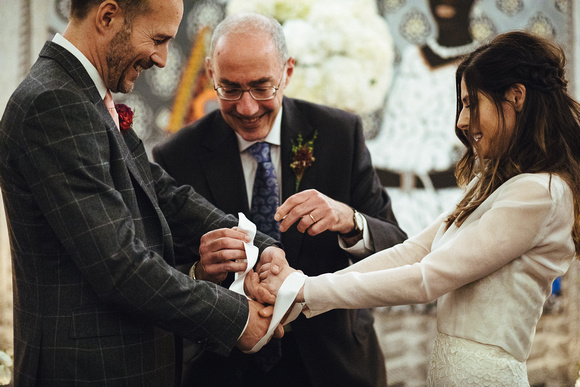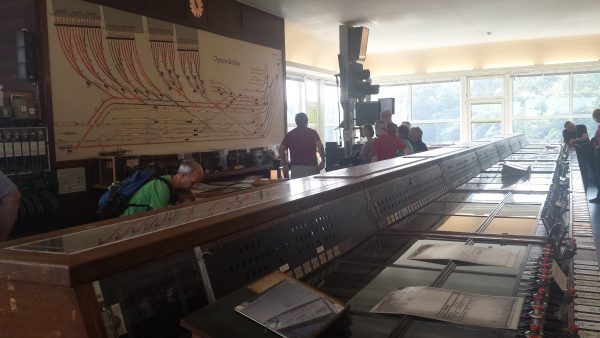
by Michael | Jun 8, 2020 | Blog
The funeral industry took quite a bashing in Hannah Betts’ recent article in ‘The Telegraph Magazine’ (01.02.20) (with statistics provided by Sunlife).
It wasn’t
all bad news, but much of it was probably quite eye-opening.
In England in the last couple of years pre-COVID, there were over 500,000 deaths/year, and this is expected to increase to 565,000 by 2032. There are increasing space issues regarding burial which need to be met. However, c. 78% of UK funerals are now cremations.
Expenses
The average
cost of a basic UK funeral (not counting flowers and catering) was over £4,000
in 2019. That’s a huge increase since 2004, when it was less than £2,000.
For the
whole works, including professional fees, the average amounted to nearly £9,500.
Apart from burial or cremation fees, there are usually funeral director’s fees
to consider and officiant’s fees. If you’re having a memorial, this can be a
major expense (around £900) and catering costs an average of over £400. There
may also be venue hire. Smaller expenses (but they all add up) are Order of
Service booklets, doctor’s fees, limousine hire, flowers and the death notice.
However,
there’s now a groundswell towards choice. Things don’t have to be done the way
they ‘always’ have been. Whereas some people are fine with the Funeral
Directors in traditional top hat and tails, some people prefer informality.
Indeed, a direct cremation (no ceremony at all) is a cheap option (although not
for everyone).
Green
Ceremonies
Some Funeral
Directors offer budget ceremonies, but, again, it depends on what you want on
the day. There is a lot more awareness of ecology, and you can request green
burials with biodegradable coffins. Crematoria have improved massively and
emissions are cleaner, but carbon is still one of the by-products of the
process. Green or liquid cremations are much less damaging.
Embalming
(to preserve bodies to be viewed by relatives) requires use of formaldehyde for
each body, and this is a carcinogen.
Choice
At a cost,
you can choose unusual venues (such as golf courses) and use special hearses (like
camper vans or fire engines). The service can be personalised, both content,
tone and attire.
Many
funerals these days offer live-streaming facilities.
Add-ons
Basic burial
costs over £1,000 more than cremation on average, but this is region-dependent (it
costs some £4,000 more to be buried in London compared with Northern Ireland).
Summary
As a funeral celebrant, I am one of the “expenses”. Of course. I don’t believe I have to justify my fee, as I normally work with the bereaved to compile, in a short time, a celebration of life that entirely fits the bill. Then I conduct the service – usually, to the family’s (and guests’) complete satisfaction. It takes skill and empathy.
It seems right
that there are fees across the board, although some seem excessive. I suspect
that certain suppliers are taking advantage of clients’ vulnerability and
ignorance. However, I have worked with many who do a fantastic job and deserve
to be rewarded.
The great
thing is that now there is choice out there, and each person has the chance to
get value for their money. Hopefully, the funeral comes down to more than money
finally, but that’s certainly an issue that is rightly being addressed.
Michael can
put together and conduct a personalised ceremony. Feel free to contact him
directly.

by Michael | Nov 11, 2019 | Blog
People sometimes think the civil celebrant cost for a ceremony is not justified. Uncle John can do that just as well – and for free!
But will Uncle John be able to put together – let alone present – a ceremony that is memorable (for the right reasons)? Does he have the writing and presentation skills, for example?
A lot of people think that all a civil celebrant has to do is to rock up at the ‘gig’ and deliver a few well-chosen words and then go home. Money for old rope, as they say.
However, it’s actually a lot more than that for me.
The ideal
My mission
is to cultivate a relationship between myself and the client. I want them to
trust me and feel there’s rapport. That’s especially important if I’m going to
be conducting their ceremony on the most important day of their lives!
I make it my goal when we meet to ask the right questions and actually listen to the responses. Then I can understand the clients’ vision and be in a position to help them realise it.
I compile a ceremony that reflects their personalities and beliefs and which is everything they want.
I take pride
in conducting an impeccable ceremony.
Finally, I appreciate that I am privileged to be part of the couple’s excitement and joy.
How do I achieve that?
Firstly,
cultivating a close relationship takes time, as well as patience and tact. (I
do not end up working with every person who enquires about my services.)
I don’t
assume I know the clients’ wishes better than they do. I will advise them, if I
feel, from my considerable experience, that something might, or might not,
work; however, it is their big day, and I never forget that.
I am happy
to give advice, if the clients are unsure what to do. The goal is to draw up a unique,
personalised ceremony that fulfils the clients’ dreams.
Either way,
we normally exchange drafts until the clients are happy with every word.
I always bear in mind that it’s not about me, but the clients. I present clearly and beautifully. I won’t accept second best.
The bottom line
I trained
both as a funeral celebrant and as a celebratory celebrant, and that training
was not cheap.
I have considerable experience – I graduated as a celebrant in late 2012 and have now conducted over 150 ceremonies (including weddings (same-sex and heterosexual), vow renewals, handfastings, namings and funerals). It’s difficult to put a price on such experience.
My many
testimonials demonstrate that I am professional but friendly, and focussed on achieving
my clients’ goals.
On the day,
I will normally arrive an hour early. I check everything is in place at the
venue and reassure the groom! I am a calming influence at a frenetic time.
When I
conduct the ceremony, I use my considerable presentation skills. I foster a
warm atmosphere and make the guests feel included too. Such skills come at a
price.
All this is why I charge a fee. if you try me, I hope you’ll agree that I do earn it!

by Michael | Sep 23, 2019 | Blog
If you’re
choosing a supplier, you’re going to want to know exactly what they can offer
you. Unless you have first-hand experience of them – or know someone else who
does – you’re batting in the dark to some extent.
You may be
able to get a feel for them from their website and testimonials, and that’s a
good starting-point. In the celebrant world, no two will be exactly the same.
So how do you decide between two (or more) seemingly-similar suppliers?
My
suggestion is that you meet up with (or at least have an online meeting with)
them. You need to prepare a list of questions, and see how the responses
compare.
The last question
The first
question a lot of people pose is “how much?”. Obviously, there’s a budget to
consider, but this should actually be the last question to mull over. Why?
Working with
a celebrant is a very personal thing. You may talk about your private love story
with them. You may be asking them to tie your wrists together in a handfasting.
It stands to reason that you will want to trust them. You’ll need to feel
comfortable with them both personally and as professionals.
The
celebrant who fits the bill may well come at a price. A cheap one may not
listen to your views because they “know best”. Or they may not have great
writing skills. They may not be dedicated or passionate. They may not be able
to present effectively.
Not to say
that nobody at the cheaper end can do the job or that a relatively expensive
celebrant can’t be a disappointment.
But you can
minimise the risk element by doing your homework. If you talk with them, and end
up liking them and feeling that they have experience, passion and the right
skills, then you are well on the way.
So you need
to tell them your picture of your big day. Will their suggestions work for you?
Do you feel excited by the end of the
conversation? Do you want that person to conduct your ceremony in front
of the people who are most important to you?
If so, money
should not really be a limiting factor. That’s not what really counts.
The real first question
So the first
question should be availability.
Other questions
Then, ask
the questions around your vision for the day. Do they respond with flexibility,
or arrogance? Do they understand what you have in mind? Do you like their
ideas? Will they be able to deliver?
What experience
do they have? Can they supply testimonials or references?
How clearly
do they express themselves? How do you think they’ll come across to your guests
on the day?
Do you sense
that they are just doing a job, or will they go the extra mile?
The answers
to most of these questions should become apparent in the course of a chat.
Practicalities
Another
thing to consider is Terms & Conditions. Do they seem professional? What are
the payment terms? Do they suit you? What exactly is included? And, if there
are extras, how clearly are these laid out?
It may be
worth checking if the celebrant belongs to an Association (as that implies at
least reasonable standards). For example, I am a member of the AOIC, and I
follow its Code of Practice.
A celebrant
is no different from any other supplier. You’re paying for a particular
service. You want to be sure that you are getting value for your outlay. You
deserve to know that satisfaction – if not delight – is virtually guaranteed.
Michael has been conducting ceremonies since late 2012, and would love to discuss this further with you. Just give him a call.
Photo: www.lyndseygoddard.com

by Michael | Sep 27, 2018 | Blog
Weddings can be honey-traps. People on the make. Look at wedding planners, for example.
These people may well charge thousands of pounds for what appears to be about 4 hours’ toil. The work might be something you could do yourself too.
Money for old rope?
But, if we dig a bit deeper, we may actually not be talking rip-offs at all.
In reality, the wedding planner spends many hours before the wedding day, planning, communicating, organising rehearsals, meeting suppliers, travelling and dealing with paperwork.
Similarly, people often think that civil celebrants, like myself, just turn up on the day and present the ceremony. Does that justify our fee? But what about all the research and crafting that goes into the ceremony, the professionalism of the presentation, not to mention the time spent communicating so that the client ends up with their dream ceremony?
Likewise, photographers, florists, DJs and other professionals appear on the day, but don’t assume that that is the only time that they are working on the wedding!
Far from it.
Rant over. Back to the Wedding Planner!
Choosing your Wedding Planner
Ideally, you will know someone who has worked with the wedding planner and can personally recommend her/him. Failing that, their website will help, but an exploratory phone call – have a list of questions ready – will give you an idea whether you even want to work with this particular person.
Your wedding is a major event. You don’t want things getting forgotten or going wrong. So leaving things to amateurs could be a huge risk.
Cost
You can expect professionals to have experience, training and passion. Those qualities – rightly – don’t come cheap. Skill and specialisation are keys in this business, and you have to pay for these.
Wedding professionals are not like many solicitors, invoicing you per e-mail and itemising each expense. You pay the full fee and this may encompass many planning meetings, calls and consultations, not to mention countless e-mails with the client over the course of what may be a year or more.
Benefits
Like a civil celebrant, again, each wedding planner values their reputation. They can’t afford to mess up, so the professional goes the extra mile to ensure things don’t go wrong. Actually, something probably will go wrong at some point in the day – that’s the way it is. But the wedding planner can reduce and minimise any negative impact.
The professional wedding planner will offer advice – not for their own convenience, but for your benefit. Their experience and knowledge can be invaluable.
You may actually save money by employing a wedding planner. If you are taking on the hire of a venue or marquee, arranging the food, drink and catering, crockery, silverware, rentals, flowers, centerpieces and the rest, all by yourself, not only will that set you back more than you might expect, but you won’t have peace of mind (especially if you are a perfectionist).
So weigh up the pros and cons, inform yourself, and do what makes most sense to you.




